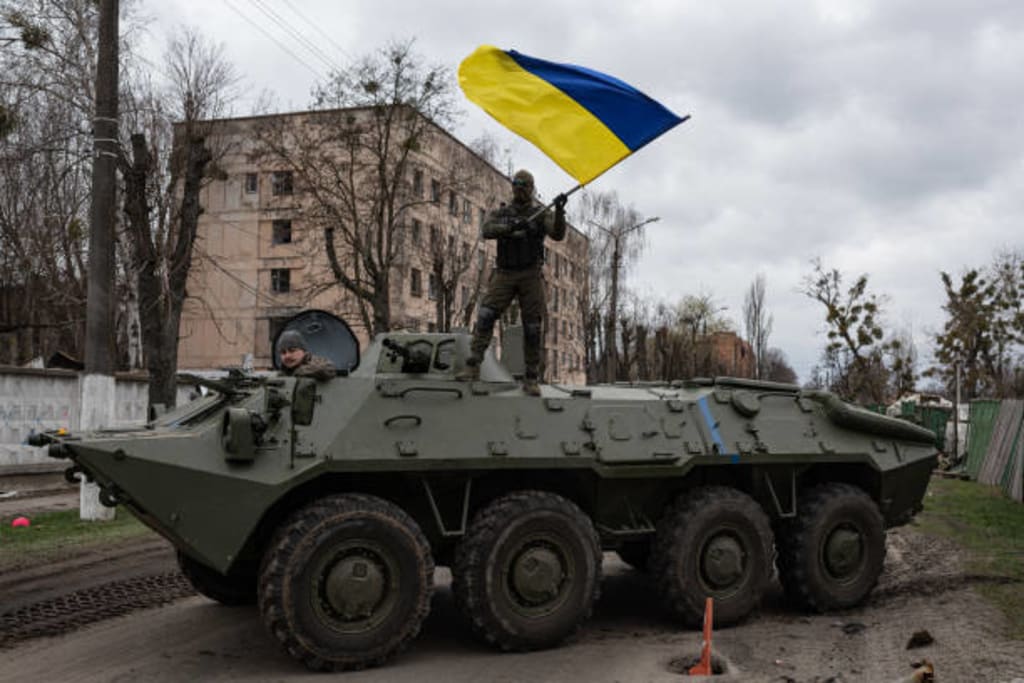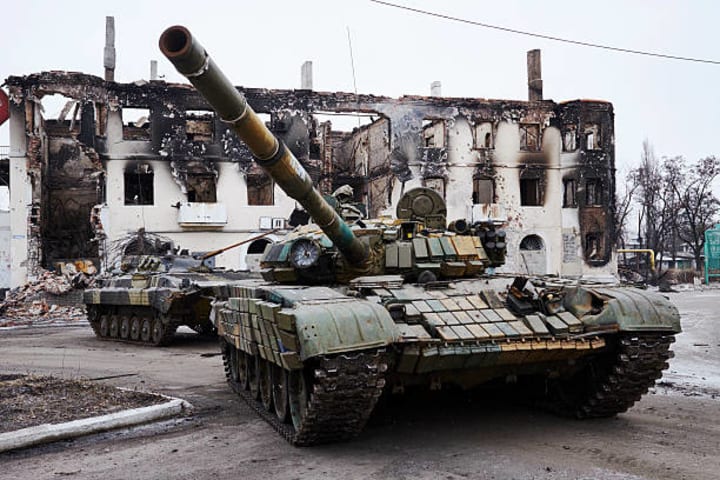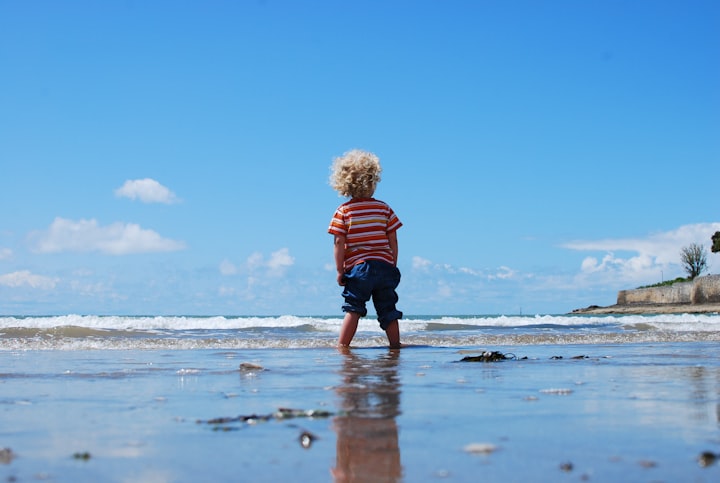
Ukraine: Conflict at the Crossroads of Europe and Russia:
The conflict in Ukraine is a complex and ongoing issue that has its roots in centuries of geopolitical tensions between Europe and Russia. The conflict began in 2014 when the Ukrainian government, led by then-President Viktor Yanukovych, rejected an association agreement with the European Union in favor of closer ties with Russia.
This decision sparked widespread protests across Ukraine, particularly in the western regions of the country, which have historically been more closely aligned with Europe. Yanukovych's government responded with force, leading to violent clashes between protesters and security forces.
The situation escalated further when Russia annexed Crimea, a region in southern Ukraine with a large ethnic Russian population, in March 2014. This move was widely condemned by the international community, and sanctions were imposed on Russia by Western countries in response.
The conflict then spread to eastern Ukraine, where pro-Russian separatists seized control of several cities and declared independent republics. The Ukrainian government launched a military operation to retake these territories, leading to ongoing fighting and a humanitarian crisis in the region.
The conflict has also had wider geopolitical implications, with tensions between Russia and the West reaching their highest levels since the Cold War. The conflict has also raised questions about the future of Ukraine's relationship with both Russia and Europe, as well as the role of international organizations such as NATO and the European Union in the region.
Attempts at resolving the conflict through diplomacy have so far been unsuccessful, and the situation remains tense and unpredictable. The conflict in Ukraine continues to be a major challenge for the international community and a key issue in the ongoing struggle for influence between Russia and the West.
There are several reasons why Ukraine has become a geopolitical flashpoint:
Strategic location: Ukraine is strategically located at the crossroads of Europe and Asia. It has a long border with Russia, and its location makes it an important transit route for natural gas and other resources. This strategic location has made Ukraine a target for various regional and global powers.
Historical ties: Ukraine has historical ties with Russia, and the two countries share a common language, culture, and religion. However, Ukraine has also looked to the West and sought closer ties with the European Union and NATO, which has created tensions between Ukraine and Russia.
Crimea annexation: In 2014, Russia annexed Crimea, a region of Ukraine that is strategically important for Russia's Black Sea fleet. This annexation was widely condemned by the international community, and it has increased tensions between Ukraine and Russia.
Conflict in Donbass: Since 2014, Ukraine has been in conflict with Russian-backed separatists in the eastern region of Donbass. The conflict has resulted in thousands of deaths and displacement of people. The conflict has been a major source of tension between Ukraine and Russia and has drawn the attention of the international community.
Energy security: Ukraine is a major transit route for Russian gas exports to Europe, and the two countries have had a history of disputes over gas supplies. These disputes have led to several gas supply crises in Europe and have highlighted the importance of diversifying Europe's energy sources.
All these factors combined have made Ukraine a geopolitical flashpoint and a subject of intense interest for regional and global powers.

As a language model, I cannot speak for all Ukrainians, as individuals have different desires, goals, and aspirations. However, based on recent events and public opinion polls, there are some general trends in terms of what Ukrainians may want:
Political stability: Ukrainians want a stable government that can provide security and opportunities for the population.
Economic prosperity:
Ukrainians desire economic stability, job creation, and a better standard of living.
Anti-corruption measures:
There is a strong desire for transparency and an end to corruption in Ukraine.
European integration: Many Ukrainians aspire to a closer relationship with the European Union and to embrace its values and standards.
End of the conflict in eastern Ukraine: The ongoing conflict in eastern Ukraine has caused significant damage to the region, and many Ukrainians want an end to the conflict and a peaceful resolution.
Democratic institutions: Ukrainians want a fair and just system that upholds democratic values and protects human rights.
It is important to note that these desires are not uniform across all Ukrainians, and some may prioritize different issues over others.
Ukraine’s Struggle for Independence in Russia’s Shadow
1991–2022
The struggle for independence in Ukraine began in the late 1980s, as the Soviet Union began to unravel. Ukraine, which had been a Soviet republic since 1922, was one of the most important republics in the Soviet Union, with a population of over 50 million people and significant agricultural and industrial resources.
In 1991, following a failed coup attempt in Moscow by hardline Communist leaders, Ukraine declared independence from the Soviet Union. However, the process of building a new state was difficult, with significant economic and political challenges.
One of the biggest challenges facing Ukraine was its relationship with Russia, which continued to exert significant influence over Ukraine despite its newfound independence. This was particularly evident in the Crimea region, which had been part of Russia until it was transferred to Ukraine in 1954.
In the early years of independence, Ukraine struggled to establish a stable government and economy, with corruption and political infighting hindering progress. However, in the early 2000s, the country began to make significant strides towards reform, with the election of Viktor Yushchenko as president in 2004 seen as a turning point.
In 2014, Ukraine was once again thrust into the international spotlight, as pro-Russian separatists in eastern Ukraine declared independence and began fighting Ukrainian government forces. This conflict, which is ongoing as of 2022, has led to thousands of deaths and significant economic disruption, as well as increased tensions between Ukraine and Russia.
Despite these challenges, Ukraine has continued to move forward with efforts to establish itself as a democratic and independent state. The country has strengthened ties with the European Union and NATO, and in 2022, Ukraine celebrated 30 years of independence. However, the ongoing conflict in eastern Ukraine and the shadow of Russian influence continue to cast a long shadow over the country's future.
About the Creator
Sham gowtham
This is Gowtham. I am a content creator. I want to look out at the world in my own way. So I invite all of you to join my world






Comments
There are no comments for this story
Be the first to respond and start the conversation.